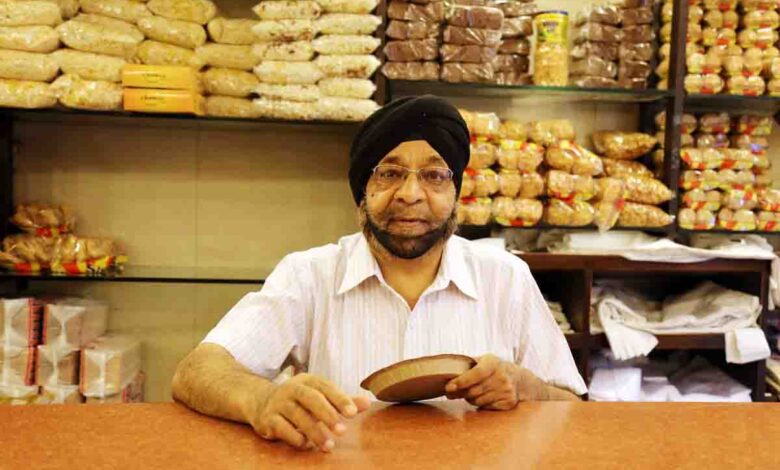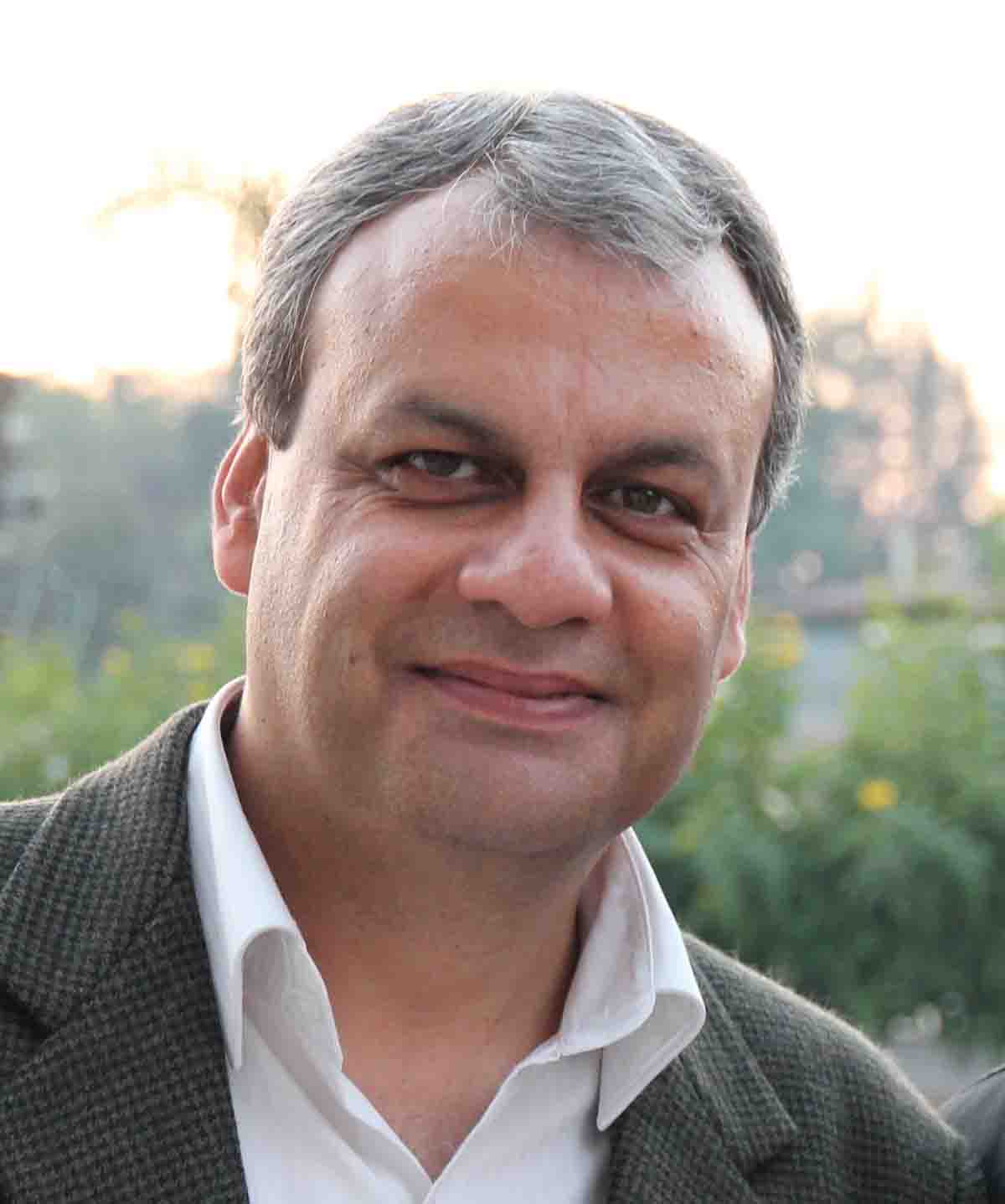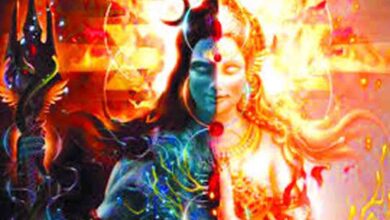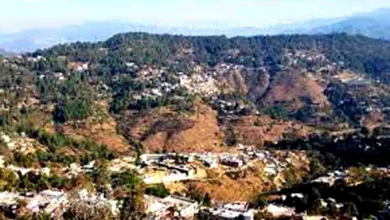HILLBILLY : Bake me some sunshine

 LOKESH OHRI
LOKESH OHRI
I have always maintained that at its very core, Dehradun remains a small town, only pretending to be a big city. For someone who has grown up and lived in the valley, there are some people – typical characters – that may have left us physically but shall always remain in our memories as the ones that defined this stretch of 75 km by 25 km, between the two great rivers of India.
One such character was Jolly Uncle, the feisty baker, who ran Sunrise Bakers. This bakery, to my mind, defines the taste of Dehra, thanks largely to the tenacity of people like Jolly Uncle and his brother. The two may have left us, leaving the bakery to his daughter who quit her cushy job as a scientist to continue the family business. Through this column, I pay tributes to the unsung heroes of Dehradun, people like Jolly Uncle, who stood steadfast in their principles to maintain the quality of the products they served. Here is a little story of a brief encounter with Jolly Uncle in times of the Covid pandemic. Jolly Uncle passed away shortly afterwards and was soon followed by his brother. The other day I met Jolly Uncle. It was in the wee hours of a rained-out morning that I ran into this elderly person riding his rickety scooter along Dehradun’s main road. Owing to the pandemic, the streets were deserted. Notwithstanding the tragedy of the illness, the complete absence of people on the otherwise busy main street was refreshing. I was out for a walk, taking advantage of a permission letter from the district administrator. It was so early that even the policemen were taking a little breather from their strenuous night vigils.
Dehradun is a valley that has grown rapidly in the last decade into a bustling city. The old town has only a few familiar landmarks commonly found in every hill town, for the mad march of modernity has managed to obliterate most of them. However, some colonial-period bakeries still survive. Many of these establishments too, have succumbed to the lure of the lucre, attempting to project themselves as popular brands, selling all over the country employing mechanised production methods and plastic packaging for longer shelf-life. But there are still some quaint ones that stubbornly carry on, producing delectable stuff in the time-honoured way in wood-fired ovens, using manual labour and good old brown-paper packaging.
Jolly Uncle owns one of the older ones and, in keeping with his legendary inflexibility, refused to use electric mixers and ovens. To have fresh stuff ready for the day, he must arrive much before sun-up to mix the batter, which he does with his own hands to, as he once told me, “…retain the taste, and ensure proper yeasting”. Only when he has done that, can his ovens be fired.
I had always wondered how much motivation and effort it would take for this aging man to wake up so early, every morning, and ride to his bakery, even in the biting winter cold, to repeat this day in and day out. Providentially, the lockdown had come during springtime when it was still pleasant, but soon the monsoon would drench the valley, with an unsparing winter closely following on its heels. For how long could Jolly Uncle go on?
I was a regular customer but could not claim to know him intimately, even though I talked to him often, ever inquisitive to extract the secrets of his near perfect baking. Now Jolly Uncle does not wear a helmet while riding his scooter, his community is exempted. I suspect he would refuse to wear it even if the rules forced him to. His flowing grey beard usually drops like a mountain waterfall from his wise face. Today the face was concealed by a mask, but the beard overflowed, dividing itself into two streams floating in the air on both his cheeks as he rode his scooter, much like Maharaja Ranjit Singh would ride his Afghan mare, so lovingly named Laili (after the romantic lover, Laila) by the emperor. The moment he saw me walking along the road, he applied the brakes, stopping to ask after me. This surprised me, because I could only claim a passing acquaintance, something he would have shared with so many of his customers. “How are you? Early in the morning…is everything fine? Times are tough?” he shot a volley of questions at me. I assured him I was well, thinking to myself that it should have been me, rather than him, giving a word of caution, given the man’s advancing years and state of fragile health, about the need to stay indoors in these trying times—so unpardoning and treacherous—for the elderly. “Uncle, I am rather well, but it is you who should stay indoors in these days of the pandemic. I don’t think the bakery is allowed to open during the lockdown,” I responded. He looked at me in his characteristic circumspect manner. “Yes, we are not firing up the ovens at four in the morning these days. People cannot venture out, therefore, no sales. But do you realise that I have a work force of twelve men at the bakery? They must be fed and their families need sustenance too. We are only baking for them, some bread, which they can eat. I will rush back home once the job is done.”
I asked, “But don’t the cops stop you?” “Well, I have been hit by a cane or two. But when I told them what I was up to, they issued me a special pass,” he said chattily, proudly pointing to the yellowing paper with the official insignia taped to the front of his scooter. To my surprise, Jolly Uncle was upbeat, agreeable to a longer conversation. Usually, he could be quite brusque, cutting short a conversation abruptly if he did not like the direction it was taking. Today seemed a different day, and I continued, “But you could easily do that later in the day. Why would you get up at 4 AM and ride to the bakery, risking the wrath of the law keepers in these terrible times?” I questioned him, bracing for an angry retort from the old man. “People in my family keep cribbing about this and now you have joined the chorus. Look here, I have been following a routine for the last five decades, and I am not about to change for this silly virus. I risked my life even during the riot, to do what I do. Do you realise what happens if I do not arrive at the bakery before sun-up?” was his irritated and vigorous response. I kept looking at his masked face. Yes, I know what happens, I thought to myself. There are these customers of yours, who, like me, are addicted to your hot, fresh stuff. They would queue up outside the bakery and pester you for the buns, the cream rolls and the rusks. It is even better for business when most other eateries are shut down, and who better to make a fast buck than the enterprising Jolly Uncle—who migrated from what is now Pakistan after the partition of India, with little knowledge of baking—quickly acquired the Cantonment style baking skills of the Doon Valley and established himself in the town. After all, he was one of the few whose resilience helped him overcome severe losses incurred in the terrible riots of 1984, resurrecting his business quickly from the ashes of mindless communal violence. I was about to mumble a few words, but he cut me short, “If I do not go, who would offer piping-hot tea to the police constables on the main crossing? These people are on duty throughout the night, in the cold, in the rain, in the heat. Do you realise how tough and risky their duties have become after the pandemic? No one thinks of them while sipping their bed tea, and I have a funny feeling they wait for the tea I serve them with our hot buns, before the sun rises.” I was reduced to silence, at my own insensitive thoughts, but more so at the old man’s humaneness. “And then there are these stray dogs that must be fed the last day’s crumbs and leftovers. They don’t know any lockdown, that is their food, and they will die of hunger if I do not open the bakery. If you promise not to tell anyone in the family, we are also sending a few hundred packets of cookies to the Gurudwara for free distribution every day.” Well, as they say, superheroes do not always wear capes. Sometimes, however, they are forced to wear masks over grey beards, and ride old scooters. Perhaps all of us are capable of little acts of compassion that can make a huge difference to the world. This morning, I ran into someone who really added that extra bit of sunshine to my morning. Undoubtedly, it is people like Jolly Uncle who made life worth living during the trying times of the pandemic.
(The author is a writer, traveler and anthropologist who lives in the Himalayas; views expressed are personal)






